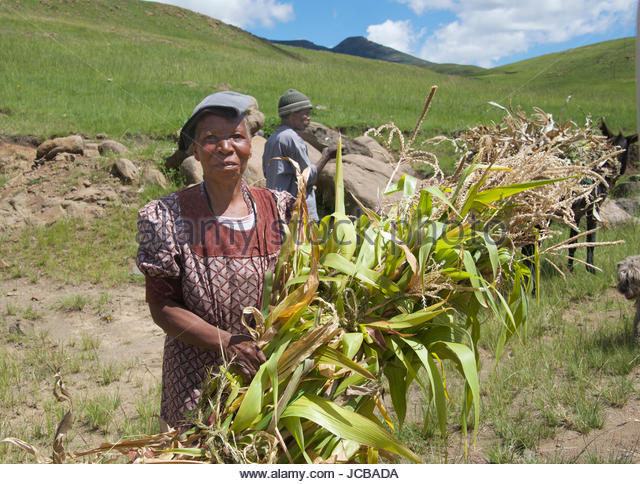
By Kofi Adu Domfeh
Ghana’s Crops Research Institute of the Council for Scientific and Industrial Research (CSIR-CRI) has prioritized the development of superior consumer-acceptable climate-resilient technologies under its 5-year Strategic Plan.
The 2023–2027 strategic plan is targeted at commercializing agricultural research and innovations to support agricultural growth and industrialization for improved livelihoods.
“We have not gotten the kind of support that we have been expecting from industry. Our main support has been coming from donors, but within this strategic plan we are going to make a very conscious effort to bring in industry,” said Dr. Maxwell Asante, Deputy Director of CSIR-CRI and Chairperson of the implementing committee of the strategic plan.
The CSIR-CRI broad research mandate covers food and industrial crops; including cereals, legumes, roots and tubers, tropical fruits and vegetables.
The production of these crops is under the threat of climate change as farmers experience erratic rains in recent times.
Projections by the UN Intergovernmental Panel on Climate Change (IPCC) suggest that warming scenarios risk having devastating effects on crop production and food security, especially for Africa where agriculture accounts for the majority of livelihoods.
Key risks to agriculture include reduced crop productivity associated with heat and drought stress and increased pest damage, disease damage and flood impacts on food system infrastructure, resulting in serious adverse effects on food security and on livelihoods at the regional, national and individual household levels.
The CSIR-CRI supports farmers to adopt new agricultural technologies.
Dr. Asante observed without access to irrigation, improved seedlings and agronomic technologies, farmers are unable to be climate resilient.
“The whole idea is to equip breeders with new technologies to breed varieties that are for this current environment because if you bred a variety 30 years ago and farmers are cultivating it now, it was not bred for that environment,” he noted.
“We have equipped our breeders with modern tools, DNA, markers, speed breeding so that every two years, they can generate new varieties and those varieties will be tested in this current environment and therefore it will work for our farmers in their field.
Farmers, traditionally, are inclined to clear new fields for crop production, in which process they contribute to deforestation and depletion of carbon sinks that eventually lead to climate change.
The crop researchers are already encouraging farmers to plant on continuously cropped fields, especially in the production of yam. This means they will not open up new areas to have the carbon sinks intact.
According to Dr. Foster Boateng, Management Board Chair of CSIR-CRI, “research is coming out with varieties that are drought-tolerant. Because now you know that climate change has set in… research must come out with varieties that can command genetic advantage. That can withstand drought. That can withstand diseases and pests. Otherwise, there’s nothing we can do.
“And we can’t put more land under cultivation. Because when you put more land under cultivation, we know that agriculture also speeds up deforestation. So once you research and get genetic materials that command that advantage, we can go on vertical expansion in production rather than horizontal expansion in production”.
The adoption of climate smart agricultural practices is the way to go for Ghanaian farmers.
The farmers will need resilient crop varieties and farming technologies, increased diversification of agriculture systems, promotion of simple irrigation facilities, and training to change from the old ways of farming.
“Our agronomists are also doing a lot, they are doing things like new irrigation technologies so that we don’t use a lot of water in the field; we are looking for technologies that use less nitrogen so that there is less emission of greenhouse gases. The varieties, the agronomy and training, a lot of training in farmers are part of the strategy,” said Dr. Asante.
He believes the partnership with industry will help finance research and make technologies accessible to farmers.
“We have products we can launch to industrial people who want to pay a little for us to plough back into our research; show them different varieties and technologies associated with it for them to invest in the technologies,” noted the rice breeder.











